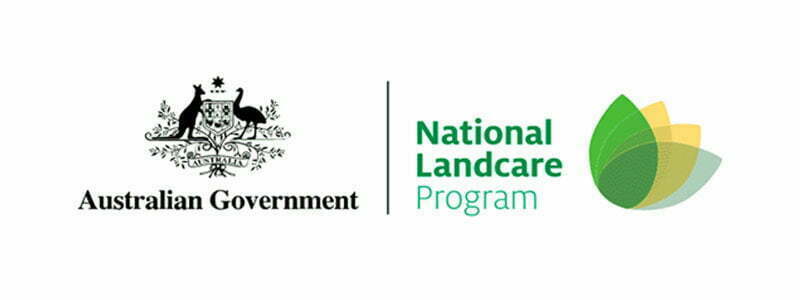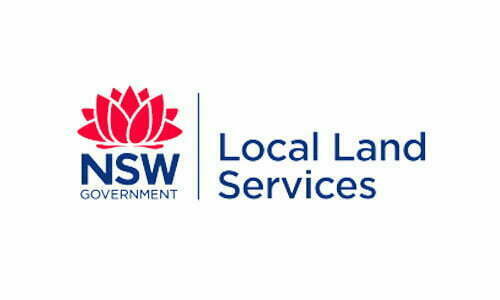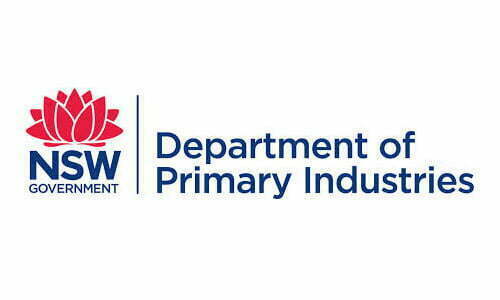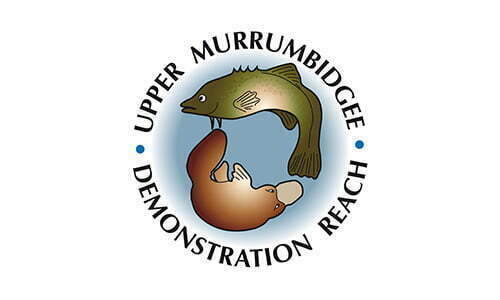For over a hundred years, the native Macquarie perch fish has been at the forefront of community and conservationists’ minds. In 1914, a number of Macquarie perch were relocated from the Murrumbidgee River to the Cataract Dam, nestled between Wollongong and Sydney. As explained in a 1915 article in The Sun Newspaper, the move was in order to improve food and fish supply in the Cataract Dam, due to the species being one of the most abundant fish in the Murray-Darling river system.
Unknowingly, those who undertook this translocation have assisted in protecting the Macquarie perch, with changes to the species’ natural habitat over the last hundred years endangering the species’ survival. Now, 106 years later, some of the descendants of those translocated fish have been returned home to the Upper Murrumbidgee River as part of collaborative project called ‘Reaching for Recovery of the endangered Macquarie perch’. This project is trying to restore genetic diversity and population numbers in the original habitat of the Macquarie perch – a habitat we are now working hard to restore in the Upper Murrumbidgee, so that the species can once again become abundant.

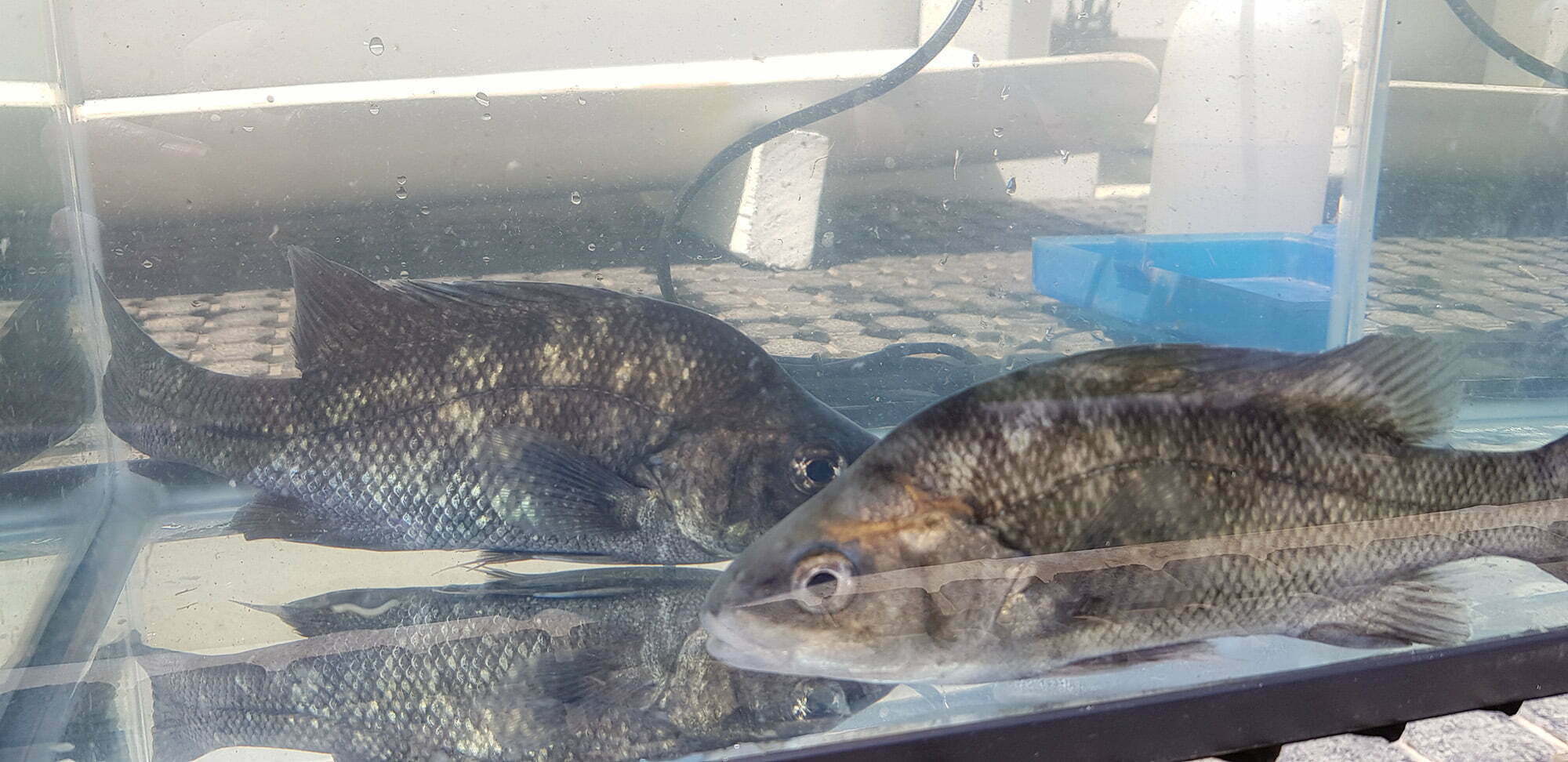
The Macquarie Perch, also known as the ‘Macca’, has become an endangered fish in the Murray-Darling Basin, with only a few small, vulnerable and isolated populations left in the wild. The Macca requires a very specific habitat, ideally fast-flowing, rocky water with shady trees and bushes along the banks.
These habitats have reduced through agricultural and urban development, drought and bushfires in many areas of the Murray-Darling Basin. These impacts are also compounded by a number of introduced species which predate on the Maccca, such as the Redfin perch and Trout, as well as a lethal virus carried by the Redfin perch, the Epizootic Haematopoietic Necrosis virus (EHN) which the Maccas are highly susceptible to catching. We now know that where there are Redfin perch, there is unlikely to be Maccas – this is another reason why the Upper Murrumbidgee is such an important reach as there are currently no Redfin perch in this part of the river.
In November 2020, at two locations on the upper Murrumbidgee, 42 Maccas from the Cataract Dam were released back into the wild. These fish have spent the last year at the DPI Fisheries Narranderra Hatchery where they have grown to be in great condition. It was such a thrill to see these fish and the event brought together the partners in the collaborative ‘Reaching for Recovery’ project – NSW Department of Primary Industries Fisheries, South East Local Land Services, the Upper Murrumbidgee Demonstration Reach and Rivers of Carbon. The project is funded through the National Landcare Program.
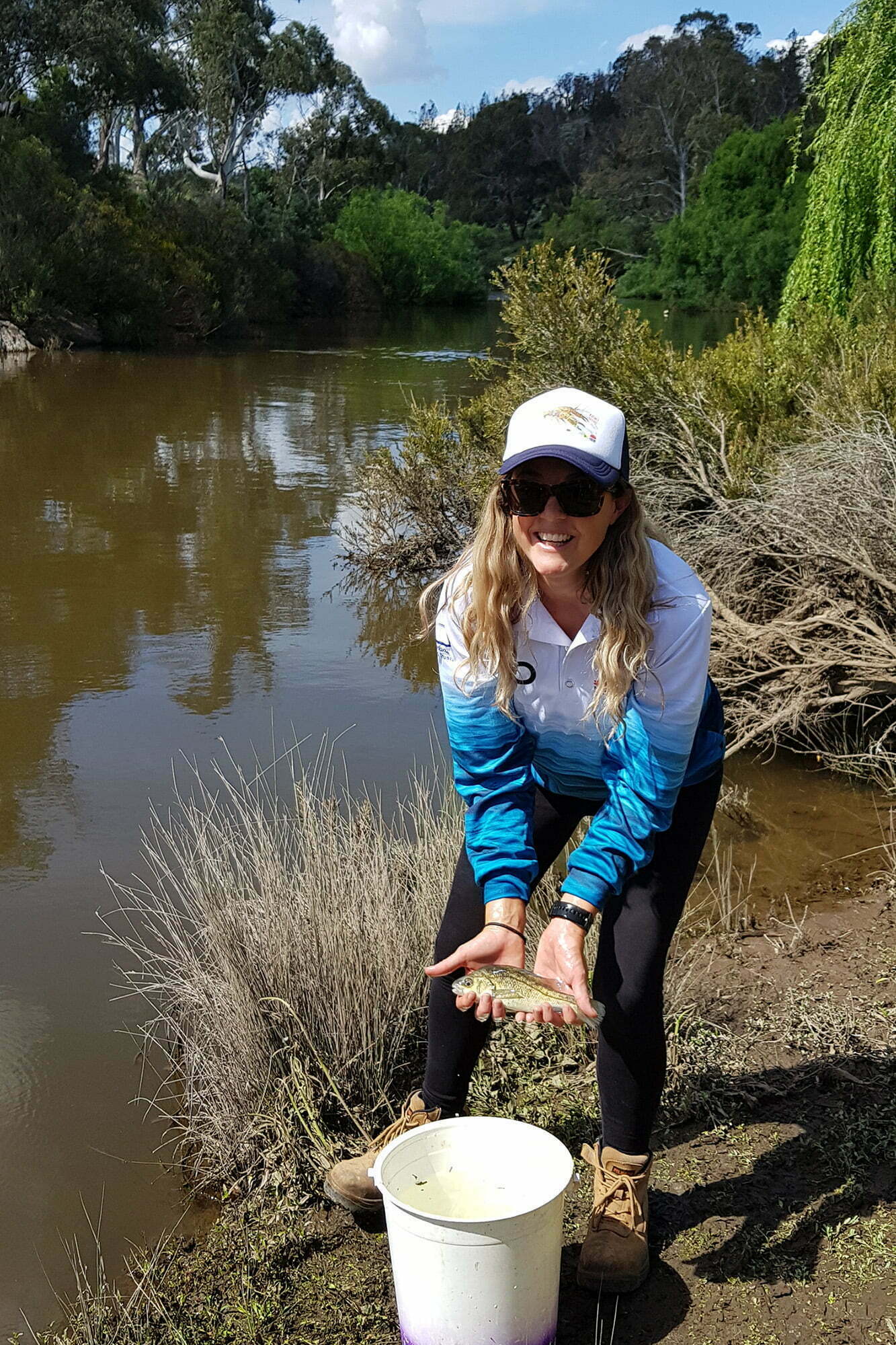
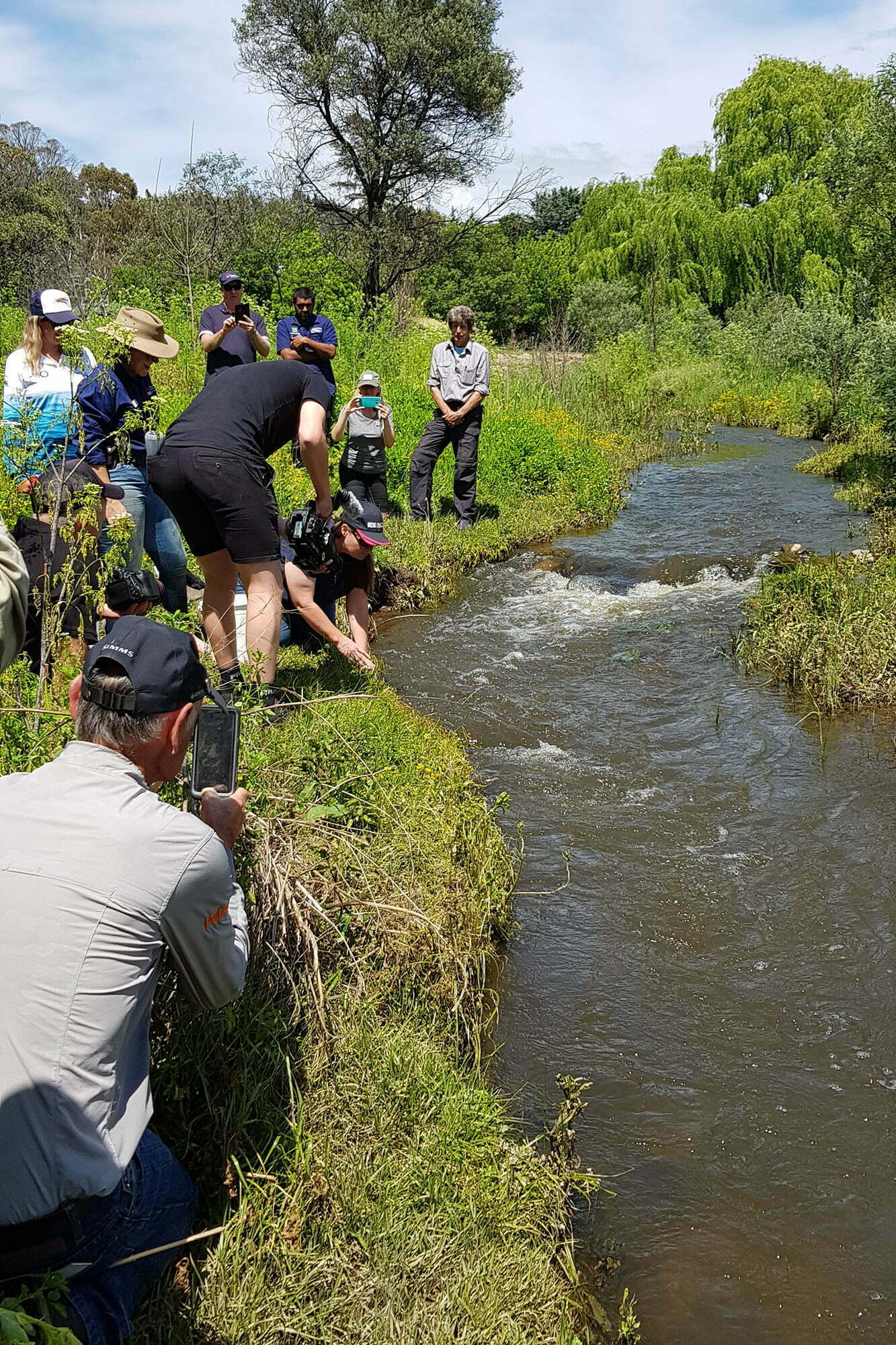
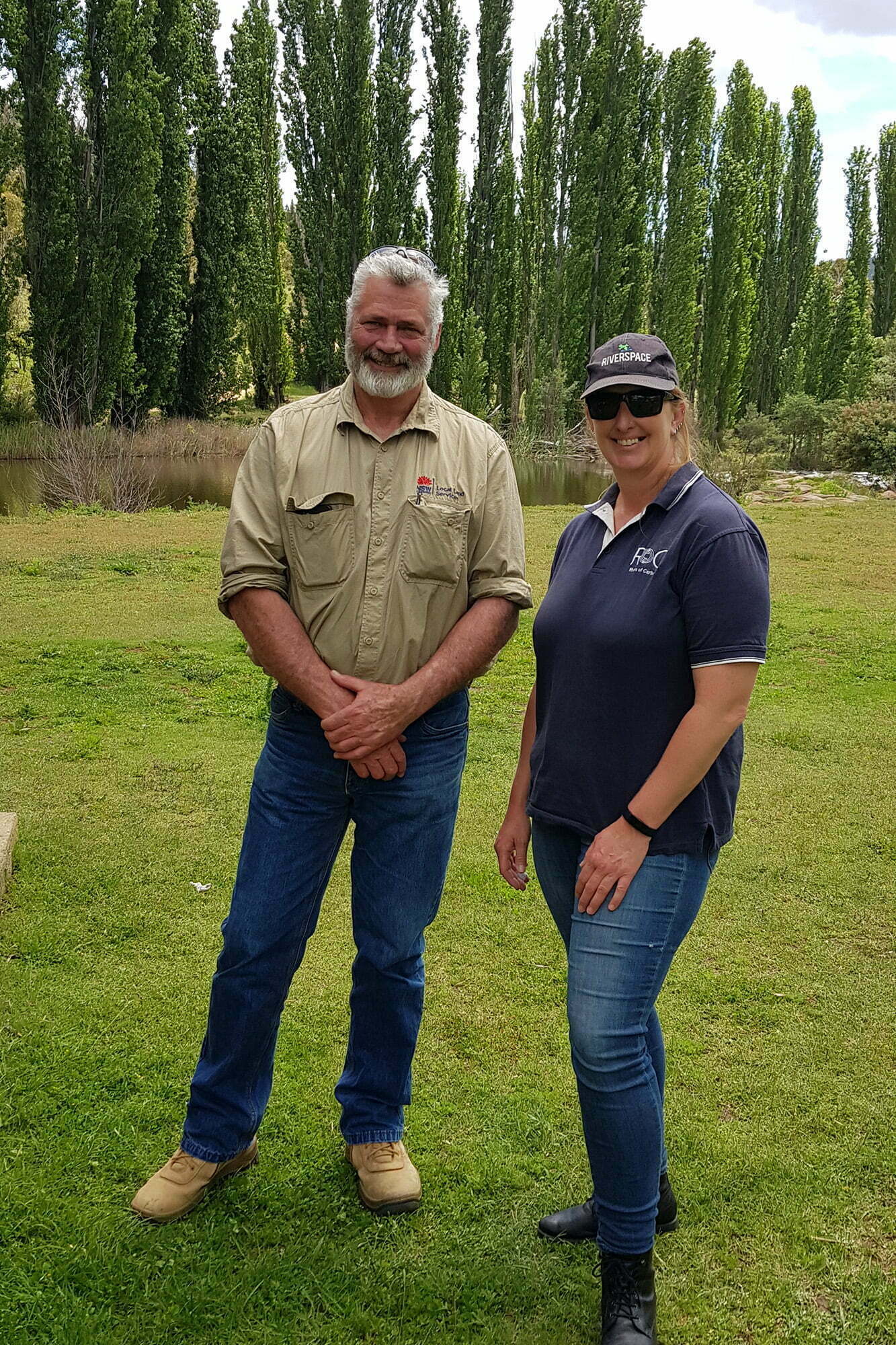
Due to Covid-19 we could only have a small number of people at the two release points, however, the members of the local community, including local landholders and indigenous community members and partner organisations enjoyed being together for this special event.. It was very exciting to see these beautiful fish released back into the river. One of the reasons the Upper Murrumbidgee is particularly important is because the Maccas can live in a 100 kilometre stretch, from above Cooma right down to the ACT border. Other wild Macca populations in the Murray-Darling Basin are found in much smaller river reaches, making it even more important to protect and restore the Upper Murrumbidgee River.
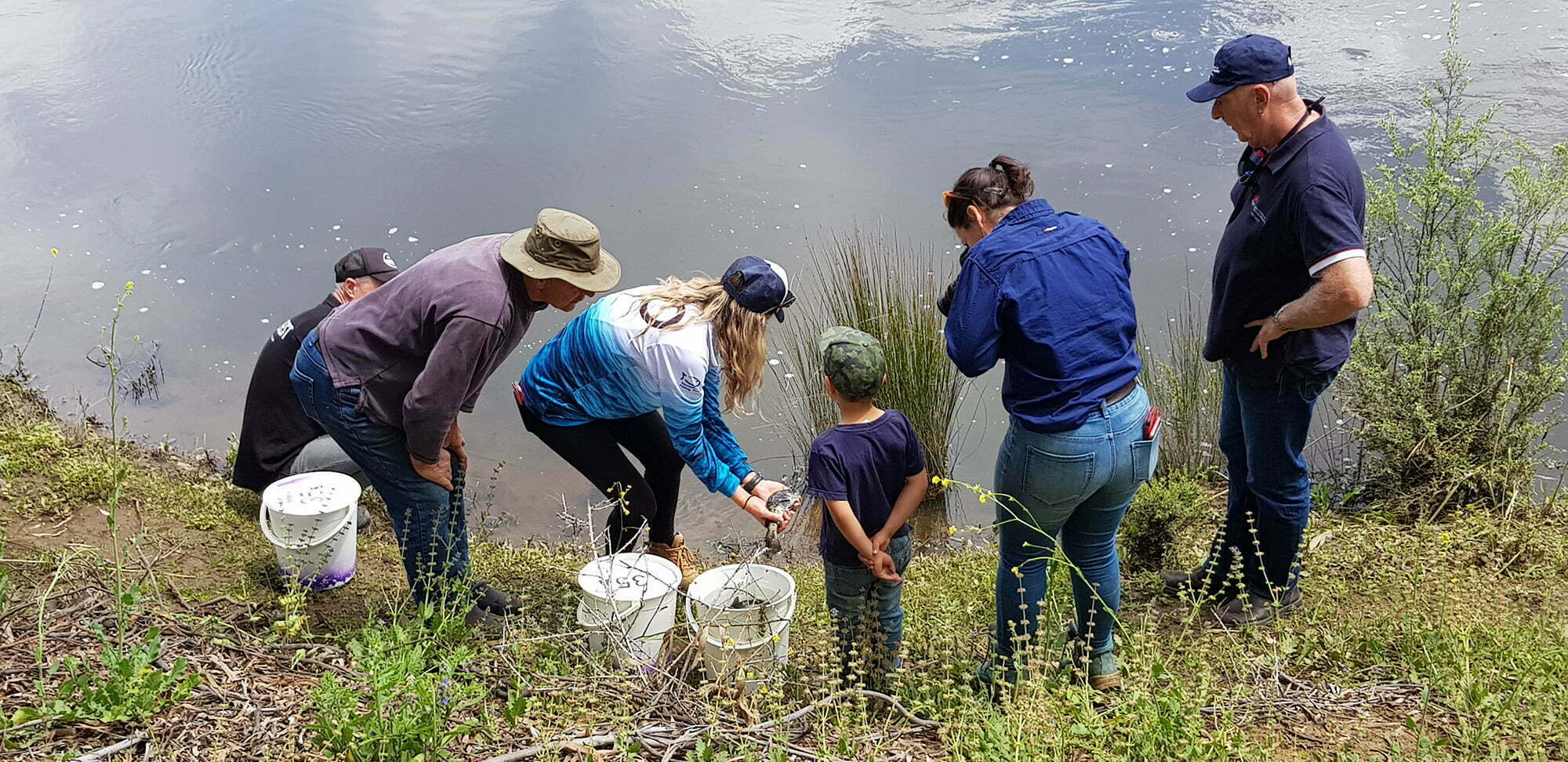
Before the fish were released into the river, we ensured they had survived the trip from Narranderra and that they were fit and well. This film clip shows the fish being scanned (they each have a unique Passive Integrated Transponder inserted – like your dog or cat at the vet), as well as being fin clipped so that we have their genetic information. This means that when we come back to survey the river and monitor our ‘Maccas’ we can identify each fish and track its progress.
The ‘Reaching for Recovery of the Endangered Macquarie Perch’ project is managed by South East Local Land Services – it is ambitious and aims to improve Macca population health and numbers in the Upper Murrumbidgee River. Rivers of Carbon is undertaking work to protect and restore the Upper Murrumbidgee by supporting landholders to control access of domestic livestock, provide alternate water, remove weeds and revegetate 11.6ha of targeted riparian and instream habitat. Community engagement is also an essential part of the project, as we need people to be aware and care about the recovery of the native Macca Perch. Lori Gould and Antia Brademann are our on-ground Rivers of Carbon team members, so please get in touch with them if you want to find out more about the project, or follow the links below to the project page.
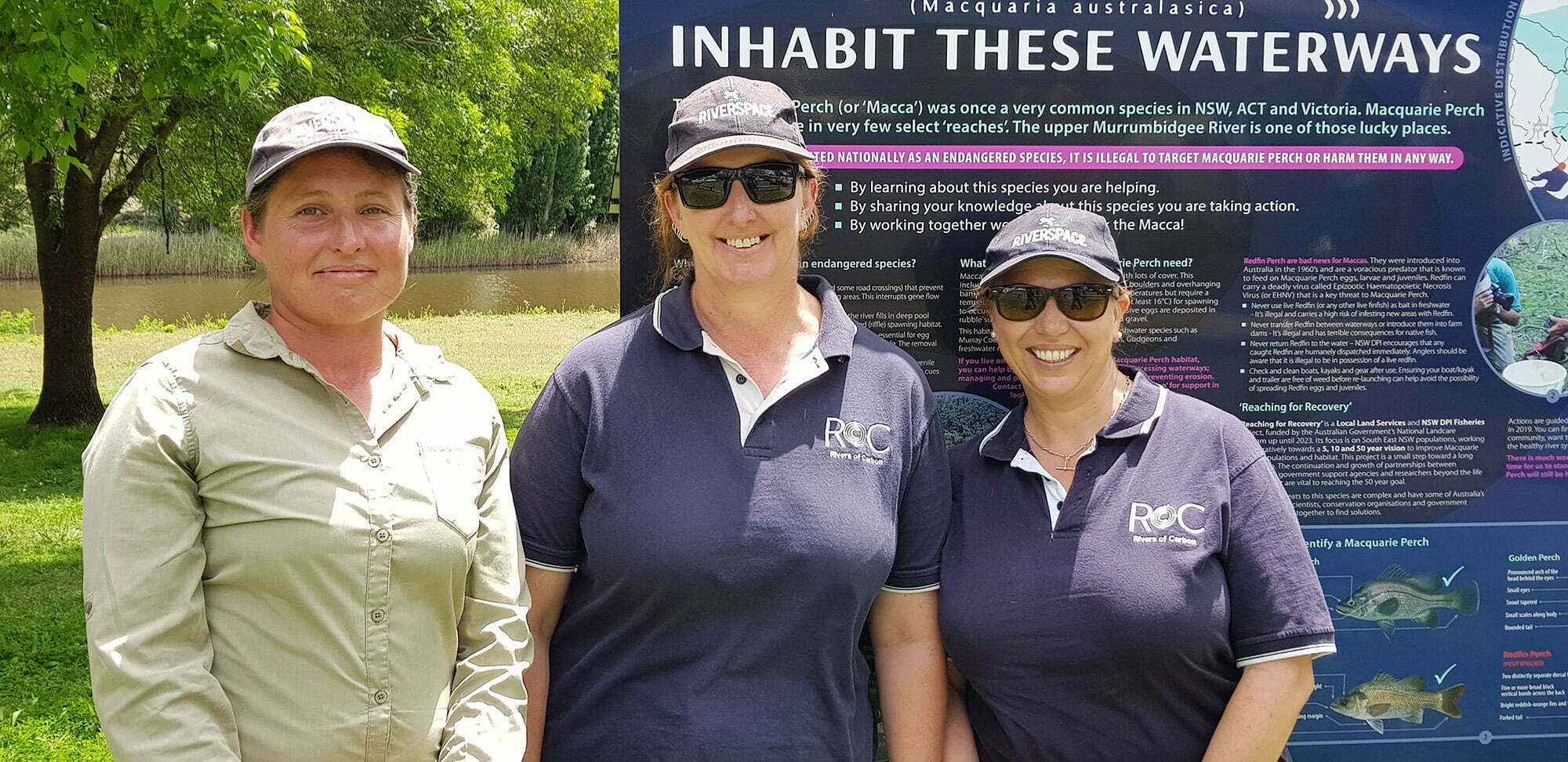
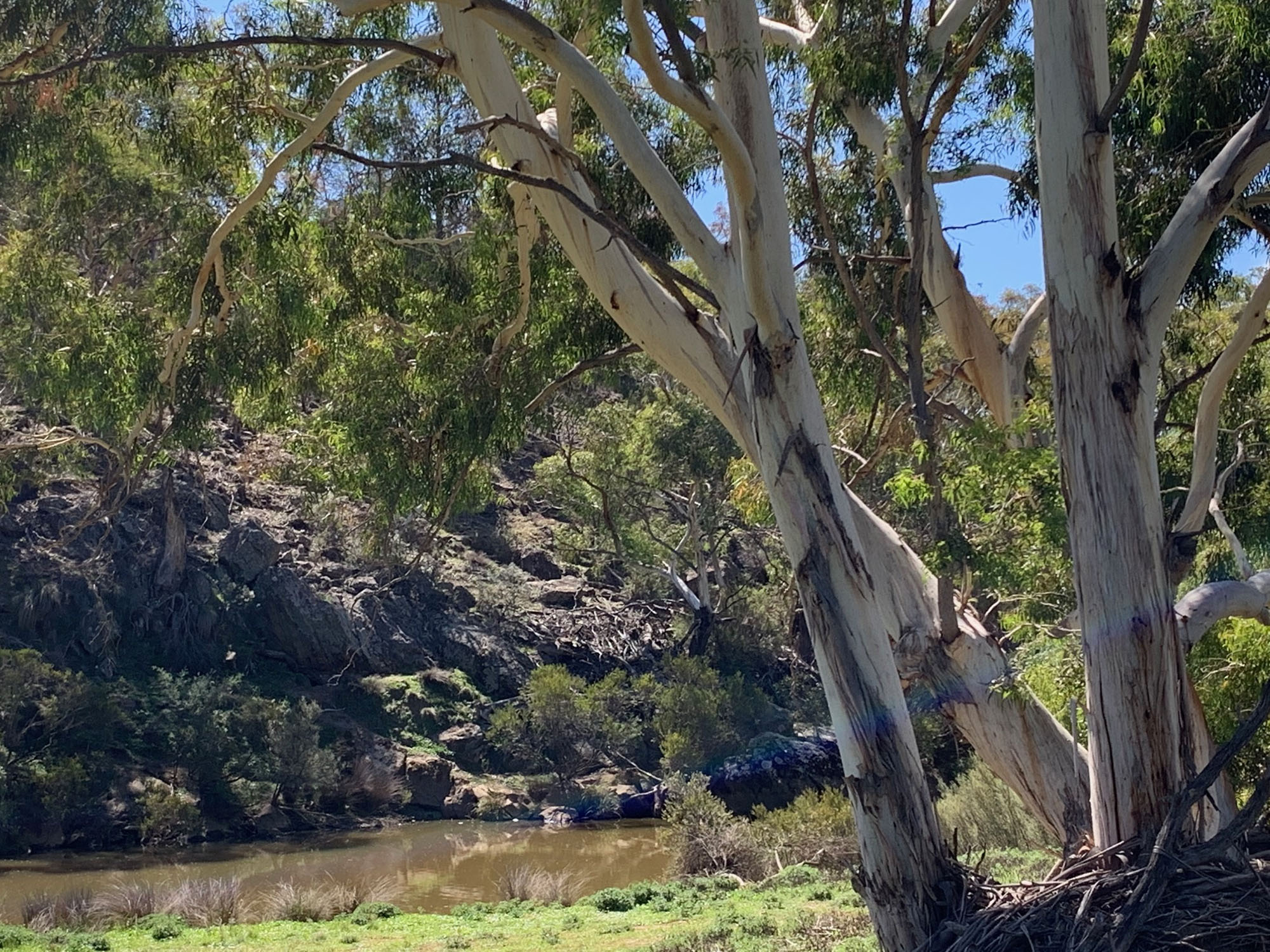
Rivers of Carbon – Murrumbidgee Maccas Project
As part of a Local Land Services initiative called the ‘Reaching for Recovery of the Endangered Macquarie Perch’ project, we are delighted to be working with landholders on the Murrumbidgee River to control access of domestic livestock, provide alternate water, remove weeds and revegetate 11.6ha of targeted riparian and instream habitat. Our work will make a valuable contribution to recovering Macquarie Perch populations in our region. The threats this fish currently experiences are chronic, cumulative, varied and widespread.
